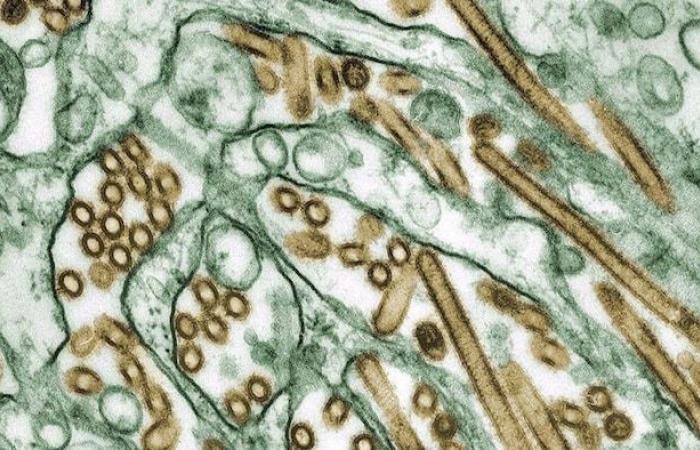Authorities in the Northwest Territories (NWT) have recorded a first case of avian flu in a crow in the town of Fort Smith.
A second case of infection is being investigated by the Ministry of Environment and Climate Change. In 2022, three other cases of avian flu were recorded in the territory.
The authorities emphasize that the presence of the H5N1 strain, considered very contagious, does not mean that an outbreak is in progress.
Spread between birds is not considered a significant risk at present, experts say. Transmission to humans represents an even lower risk.
Health authorities are asking NWT residents to be vigilant and recommend avoiding touching a dead bird or one exhibiting strange behavior, but rather reporting their observations immediately to wildlife authorities.
Signs of an infection in birds include tremors or lack of coordination, swelling of the head, neck or eyes, lack of energy, difficulty breathing, sneezing or coughing, diarrhea or sudden death.
Open in full screen mode
Micrograph of avian influenza A H5N1 virus (brown) grown in cells (green).
Photo : CDC/Cynthia Goldsmith/Jackie Katz/Sharif Zaki
Hunters should, for their part, take several precautions when handling their catch, such as wearing gloves and washing their hands frequently when plucking and cleaning birds.
Birds should be prepared in a well-ventilated area and on washed and disinfected work surfaces. It is also recommended to cook the meat to an internal temperature of 74 degrees Celsius.
If a person who has been in contact with a bird begins to have respiratory symptoms 10 days later, they must immediately contact their health center, health authorities insist.
Certain antiviral medications can be administered in the event of contamination.
Health






